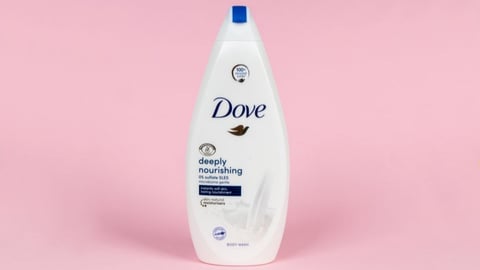Where Generative AI Investors are Finding ROI
As organizations grapple with determining ROI of generative AI investments — complicated by a growing sea of “is-it-a-bubble-or-is-it-not” chatter — a new survey seeks to provide insight into early-adopter learnings.
Conducted by the National Research Group, the survey was commissioned by a company that certainly has some skin in the game: Google Cloud.
Retail and CPG Insights
The survey explores a wide swath of industries, including retail, CPG, media and entertainment, financial services, manufacturing, automotive, telecommunications, and healthcare and life sciences. While the majority of the findings focus on the broader cross-industry findings, Google does provide some specific insights into retailers and CPGs that have taken the plunge.
- Related: Learn how consumer goods organizations are trying to move from pilots to widespread adoption
Learnings
As part of the survey, Google Cloud shines the spotlight on “Gen AI Leaders” — defined as those extensively using and investing in generative AI. Of these companies, more than half (54%) invested in dedicated generative AI teams — compared with just 13% of average respondents.
What’s more, 86% of the power-user Gen AI Leaders plan to allocate at least half of future AI budgets to generative AI vs. 67% of average respondents.
- See also: See where ChatGPT sits with consumer users
This high-investing cohort is also more likely to effectively align AI strategies with broader business goals, at 76% vs. 69% of average respondents.
Within the consumer goods industry, experimentation abounds, as organizations determine what makes sense to build in-house and what will require external partnerships. In order to scale its internal generative AI tool, Procter & Gamble sought a test pool of thousands of users. The company now makes generative AI part of its standard onboarding process.
Generative AI Re-Investment
While these Gen AI Leaders may be the most likely to re-invest in generative AI competitive advantages, they’re not alone: Nearly half of all respondents said they plan to reinvest the gains from generative AI to improve operating profit margins.
Of them:
- 47% plan to invest in aligning business and technology to support change management for user adoption of AI
- 46% plan to invest in employee upskilling and wooing new talent with AI expertise
- 43% plan to invest in data quality and knowledge management
In looking at who is driving most gen AI strategies, the chief technology officer tops the list; however, Google notes that success requires support from across the C-suite.
CTO: 59%
CIO: 49%
CEO: 48%
CFO: 25%
CSO: 22%
Line-of-business leaders: 20%
CMO: 18%
More than 2,500 execs were tapped from Feb. 23 through April 5 for the survey, hailing from global enterprises that had at least $10 million in revenue, over 100 full-time employees, and were at least interested in generative AI use cases. Of all the respondents, 61% report having at least one generative AI application in production.






